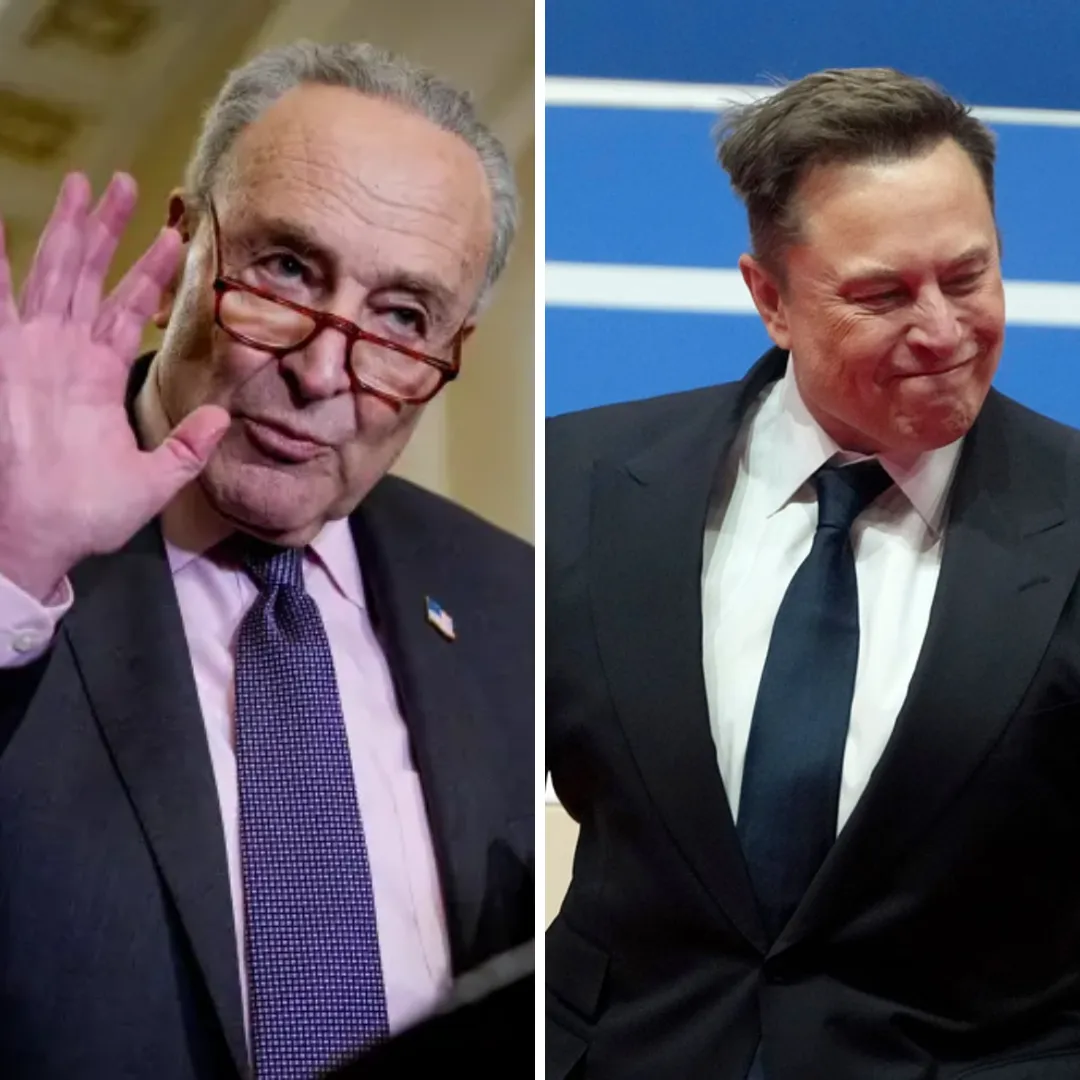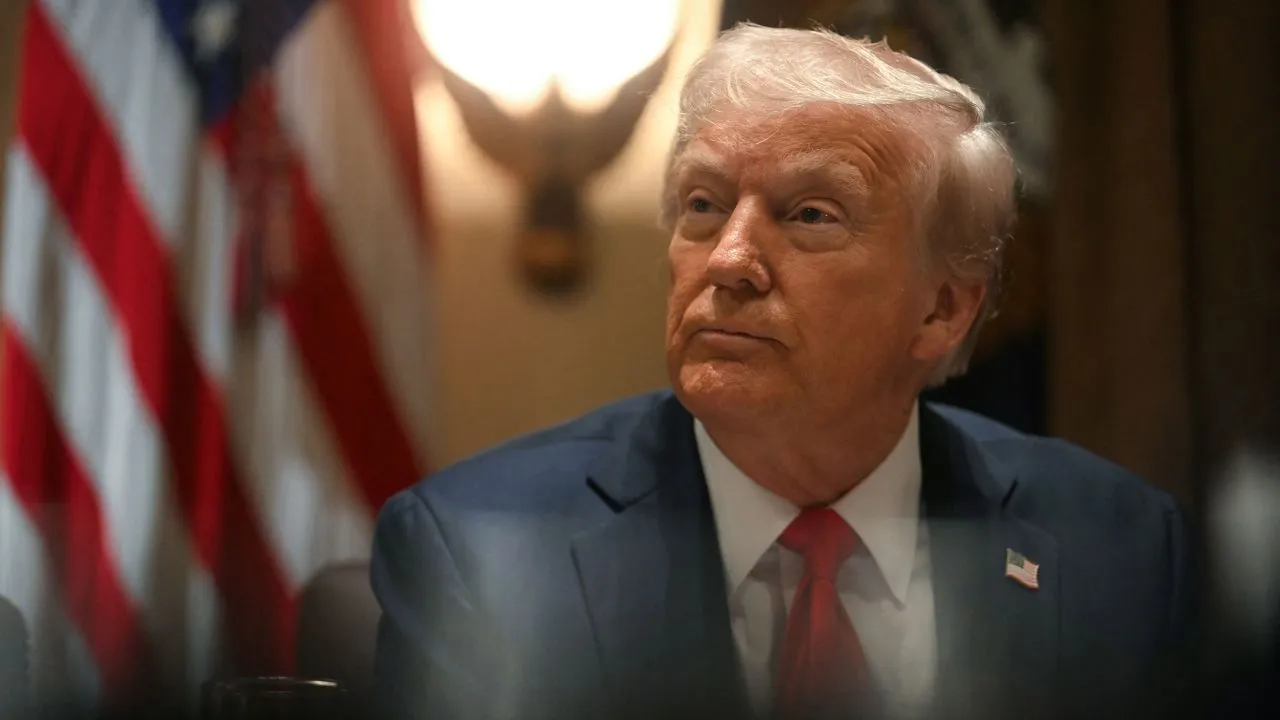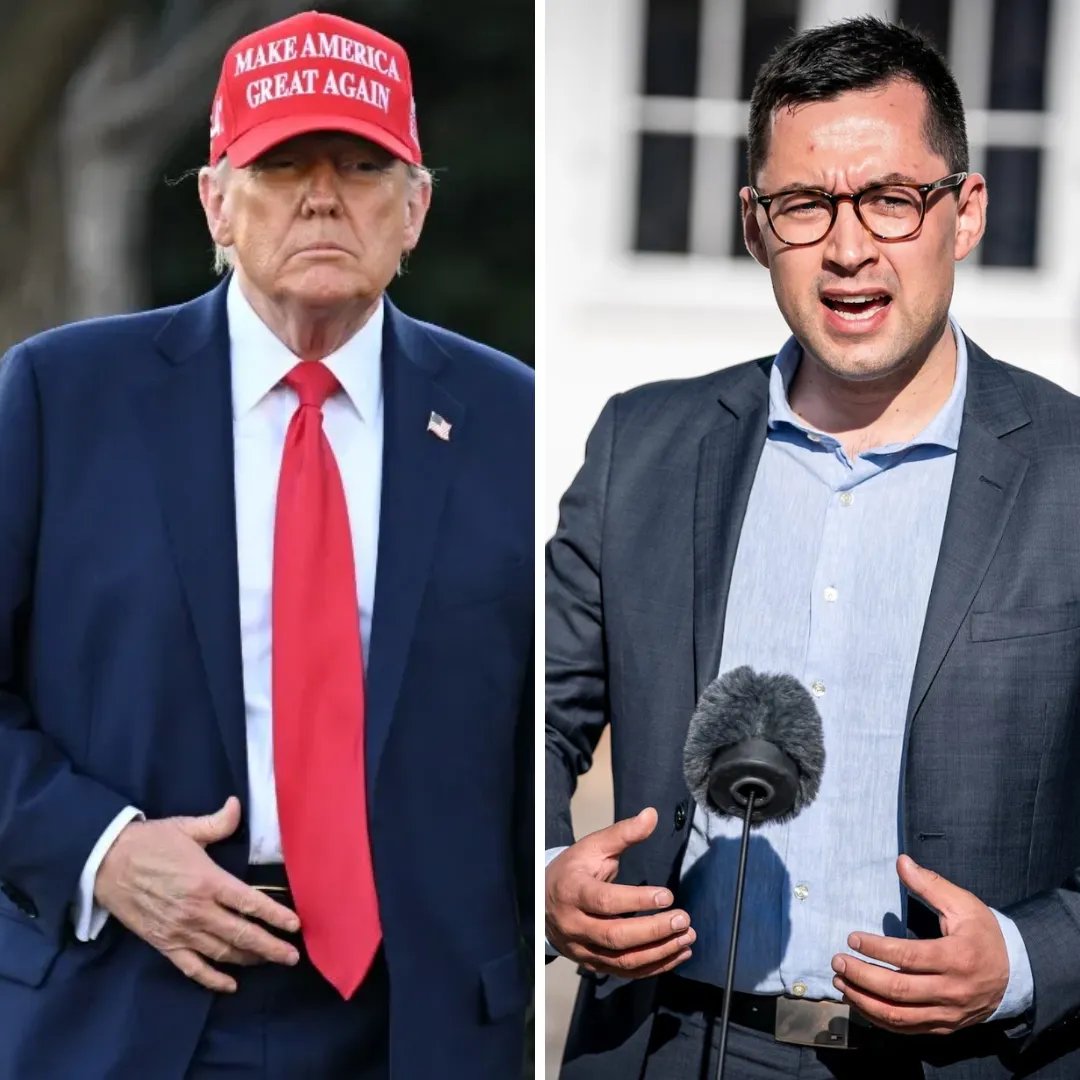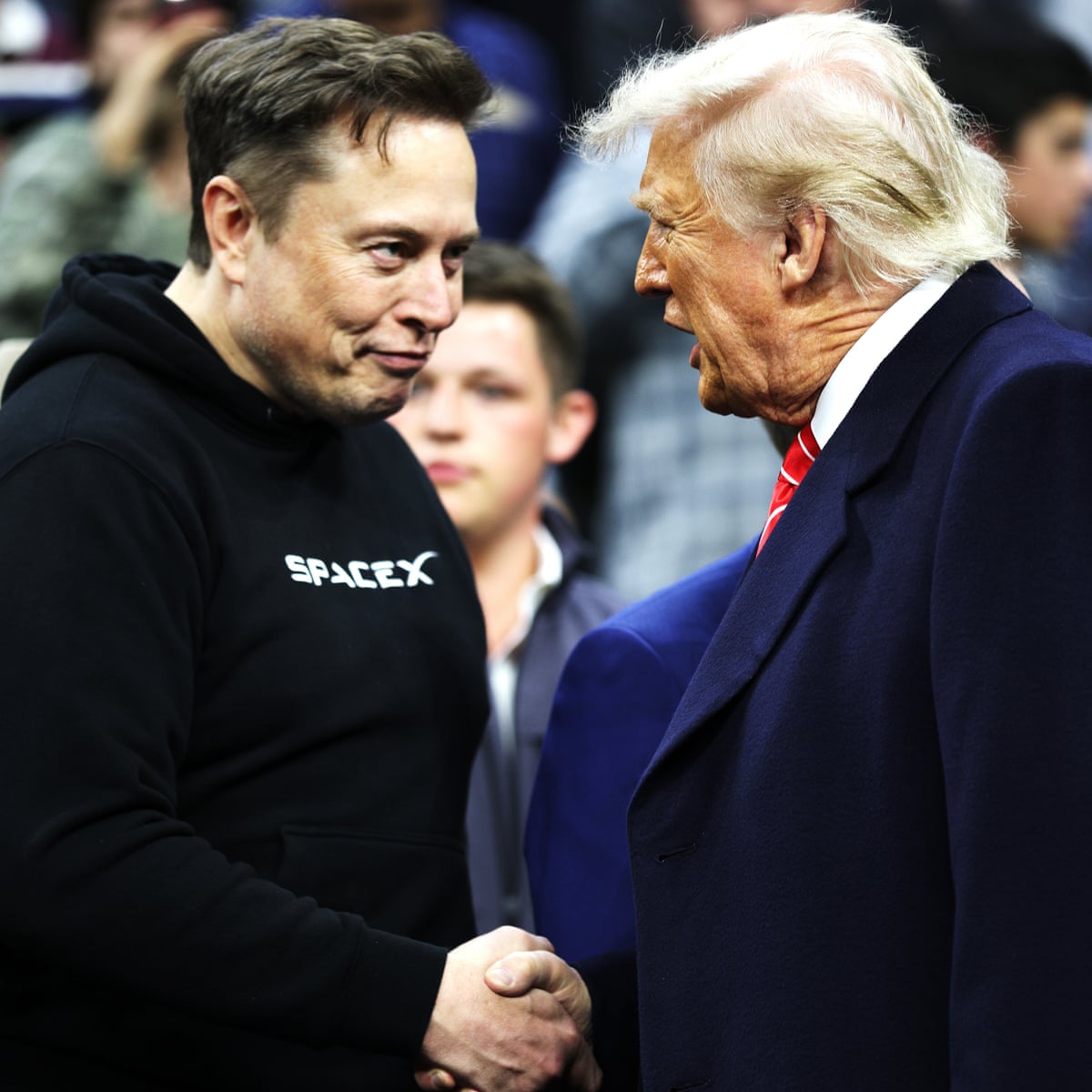
After months of widespread promotion and public celebration, Elon Musk’s political star has dimmed sharply within the Republican circle and among supporters of President Donald Trump.
Once an almost constant presence at the White House, featured heavily in social media posts, fundraising emails, and high-profile political events, the Tesla CEO and billionaire entrepreneur now finds himself largely sidelined and ignored by the very establishment that once elevated him.
This remarkable shift in attention and favor has taken place over just a few short months and signals a dramatic change in Musk’s political fortunes as well as the perception of his influence within the Trump administration and the Republican Party.
In the early months of 2025, Musk was everywhere in the political sphere connected to the Trump administration. He was regularly seen attending Cabinet meetings, participating in high-level discussions, traveling aboard Air Force One, and even addressing Congress alongside the president.
Musk’s high-profile role at the Department of Government Efficiency (DOGE) was frequently highlighted as a symbol of the administration’s commitment to cutting government waste and abuse.
Musk himself was vocal about the task force’s mission and claimed to have uncovered billions in savings. His presence appeared to symbolize a merging of Silicon Valley’s innovation with traditional political power.
However, by early April, the narrative began to shift. Reports from Politico revealed that mentions of Musk in White House briefings had become rare, and members of Congress had almost stopped discussing him publicly.
The stark silence was most evident on President Trump’s own social media platform, Truth Social, where Musk’s name disappeared entirely after March 31.

Previously, Trump had mentioned Musk multiple times weekly and used his platform extensively to highlight Musk’s work and achievements. The disappearance of Musk from these channels reflects a clear and purposeful cooling of enthusiasm and public backing.
The timing of this shift aligns closely with a major public embarrassment for Musk—his failed attempt to influence the Wisconsin state Supreme Court race.
Musk had invested a staggering $21 million into the campaign to support Brad Schimel, a relatively low-profile and traditionally nonpartisan judicial race.
Musk’s involvement was highly visible and unconventional: he made headlines for handing out $1 million checks to voters and wearing a cheesehead hat at campaign rallies, an odd and theatrical display meant to galvanize support.
Despite this, Schimel lost decisively to the liberal appellate Judge Susan Crawford by a margin of ten points. The loss was humiliating and dealt a severe blow to Musk’s political credibility.
Public opinion polls reflected a growing dissatisfaction with Musk’s political efforts. A Marquette University Law School survey revealed that 58 percent of respondents disapproved of Musk’s handling of the DOGE task force, while an even larger 60 percent disapproved of Musk personally.
The poll underscored a wider skepticism about Musk’s political involvement and the effectiveness of his government efficiency mission. An anonymous Republican operative quoted by Politico did not mince words, stating bluntly, “He’s finished, done, gone. He polls terrible. People hate him.”
The operative went on to criticize Musk’s campaign tactics in Wisconsin as “offensive to people” and immature, likening Musk’s behavior to that of a child trying unsuccessfully to buy votes.
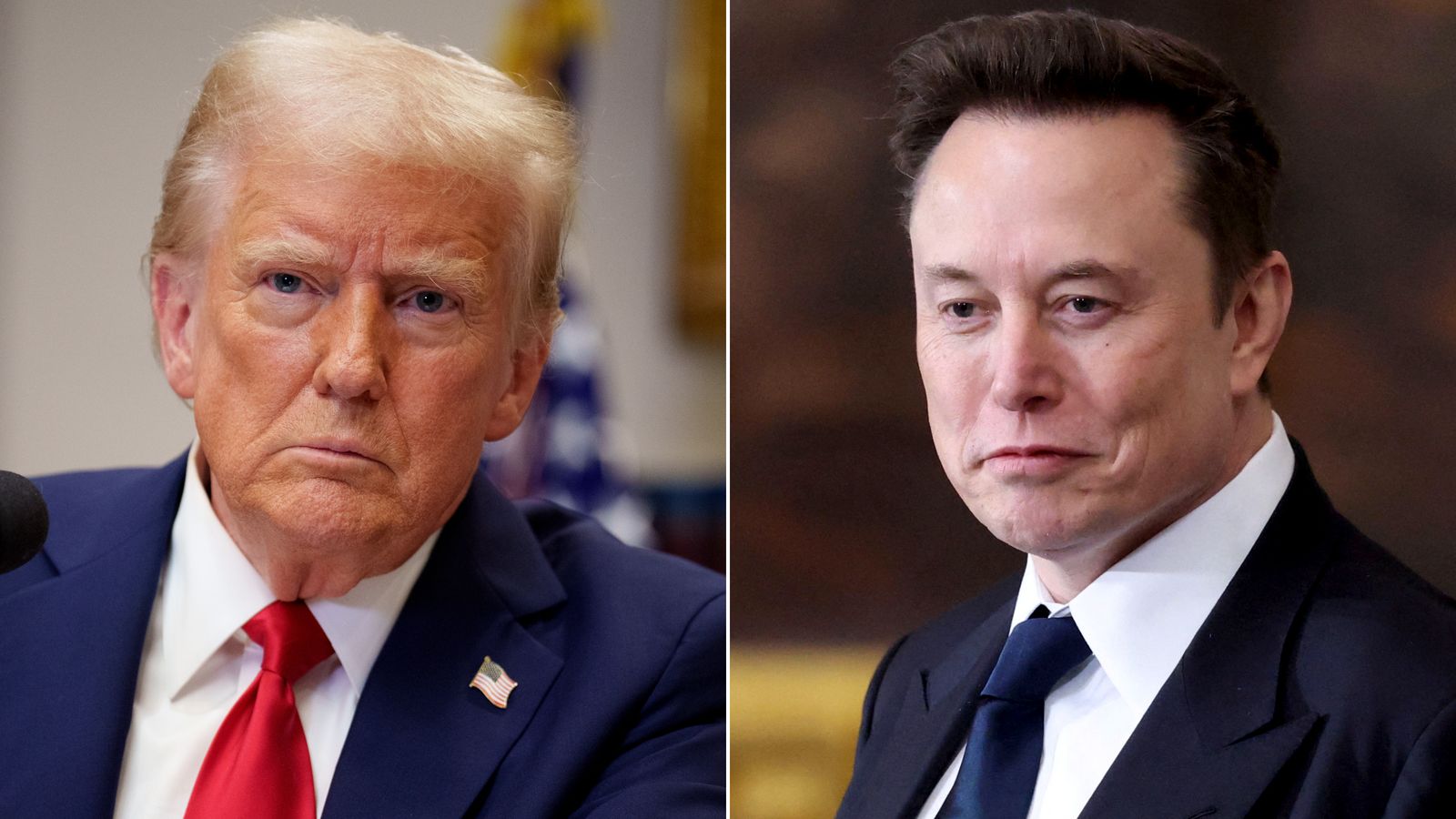
This public backlash has been compounded by other political and financial pressures facing Musk. Tesla, Musk’s flagship company, announced a massive 71 percent plunge in profits during the first quarter of 2025.
This financial downturn forced Musk to assure investors that he would scale back his political and government work, promising to dedicate only one or two days per week to his role at DOGE starting in May.
This reduced commitment, coupled with Musk’s fading public presence, has led to questions about whether his ambitious claims of generating up to $2 trillion in government savings are achievable or even realistic.
Indeed, the task force’s actual impact has fallen far short of expectations. While DOGE claims to have produced about $170 billion in savings, experts warn that some of those gains could be offset by cuts to crucial positions, such as IRS auditors responsible for pursuing tax evasion among high-income earners.
Critics argue that these reductions may ultimately harm government revenue and enforcement efforts, casting doubt on the overall effectiveness and sustainability of Musk’s cost-cutting agenda.
Within Republican circles, the response to Musk’s failures has been notably restrained. While GOP leaders have stopped actively touting the supposed savings, they have not severed ties with Musk entirely.
Instead, they appear to be keeping him at arm’s length, maintaining cordial relations in the hope that Musk’s vast personal fortune and influential social media presence can still be harnessed to support conservative campaigns and political causes.
This pragmatic approach reflects the complicated nature of Musk’s influence: despite his setbacks, he remains a powerful figure whose support could prove valuable during election seasons.

Even with the political frostiness, Musk has not been entirely excluded from key events. In late April, he attended a Cabinet meeting marking President Trump’s first 100 days in office, and more recently, he accompanied Trump on trips to Qatar and Saudi Arabia.
There, Musk attended a state dinner hosted by Qatar’s ruling Al Thani family and met with Saudi leaders at a major investment forum. These appearances suggest that while Musk’s public political role has diminished, he retains a seat at the table in important diplomatic and business contexts.
At the April Cabinet meeting, Trump publicly expressed appreciation for Musk’s efforts, telling him, “We all want to thank you for your help. You really have sacrificed a lot.”
Yet, Trump’s well-known intolerance for failure remains a significant barrier to Musk’s full rehabilitation in the political arena. The combination of electoral defeats, negative public opinion, and Tesla’s financial woes paints a picture of a once-revered figure now grappling with serious challenges to his influence and reputation.
The dramatic rise and fall of Elon Musk’s political involvement within the Trump administration offer a cautionary tale about the risks and volatility of celebrity power in government.
Musk’s initial splash and access gave the impression of a powerful fusion between cutting-edge innovation and conservative politics. However, the harsh realities of political campaigns, public opinion, and the demands of effective governance quickly exposed the limitations of his approach.
What began as a high-profile partnership promising transformative change has largely faded into the background, with Musk relegated to a peripheral role.
This shift also highlights the changing nature of political alliances and the mercurial fortunes of public figures who seek to wield influence beyond their traditional domains.

Musk’s experience illustrates how business leaders and celebrities must navigate complex political landscapes where popularity and success are never guaranteed, and where missteps can swiftly erode hard-won credibility.
Furthermore, Musk’s recent political setbacks occur against a backdrop of growing scrutiny over his management style and the consequences of his corporate decisions.
Tesla’s plummeting profits raise questions about the sustainability of his business model, while the controversial measures implemented by DOGE to trim government expenditures have faced criticism from both experts and political insiders.
These factors combine to diminish Musk’s standing among policymakers and the public alike. The story of Musk’s political journey also reflects broader tensions within the Republican Party as it balances populist enthusiasm with pragmatic governance.
While Musk’s flamboyant style and outsider status initially resonated with many conservatives seeking to disrupt the establishment, his inability to deliver on key promises and his confrontational tactics have alienated some within the party’s leadership.
As a result, Republican officials appear increasingly cautious about associating too closely with Musk, preferring instead to distance themselves while keeping options open.
Looking forward, Musk’s role in American politics remains uncertain. While he still commands significant resources and a loyal following among certain voter segments, the recent string of setbacks and the clear decline in political capital suggest that his influence may continue to wane.
His reduced involvement in government efficiency efforts and the growing silence from prominent Republican voices underscore a significant retreat from the political spotlight.
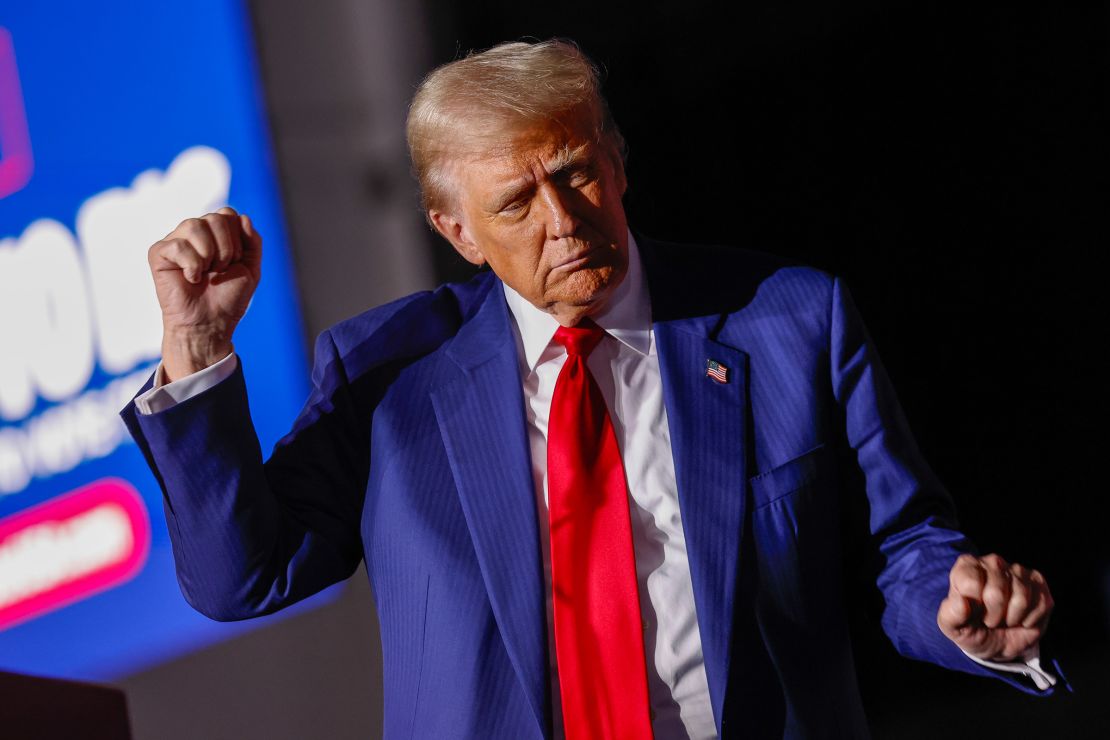
Nevertheless, Musk’s story is far from over. His ability to adapt, reinvent, and leverage his entrepreneurial success means that future political comebacks or new avenues of influence are possible.
For now, though, the Trump administration and its supporters have largely turned the page on Musk, signaling a decisive break from the months of intense hype that once surrounded his political role.
In summary, Elon Musk’s journey from political darling to sidelined figure within Trump World is a complex tale marked by initial enthusiasm, high-profile failures, shifting alliances, and deep public skepticism.
His experience underscores the unpredictable nature of celebrity politics and the challenges faced by business magnates seeking to cross over into governance. As the dust settles, Musk remains a significant figure but one whose political star has undeniably faded—at least for the time being.
